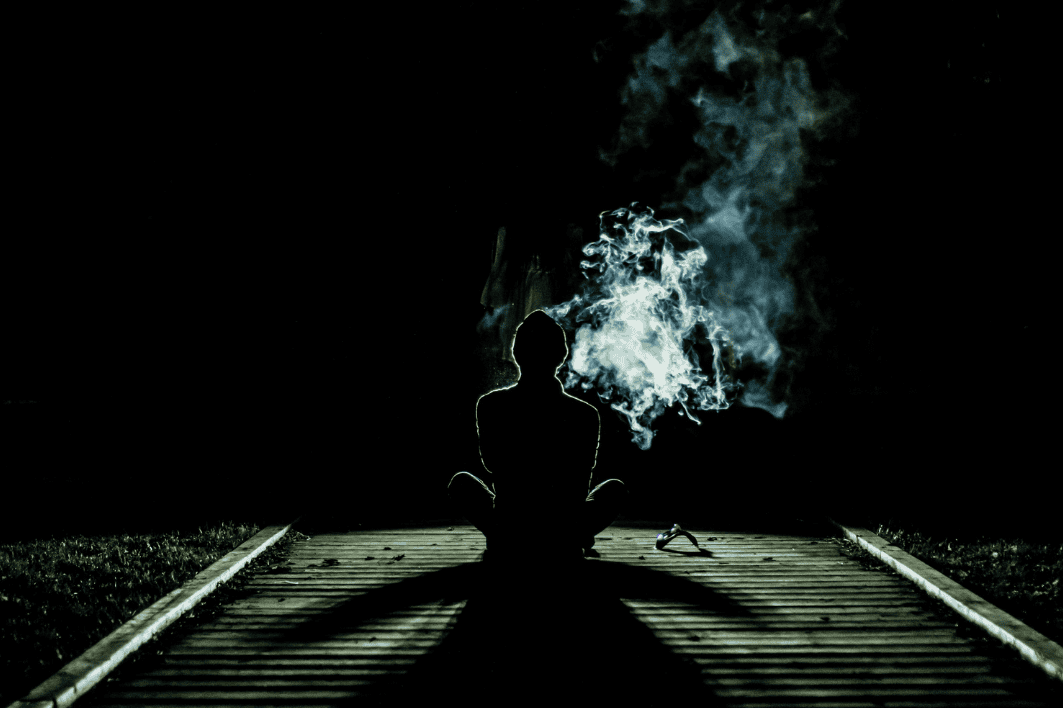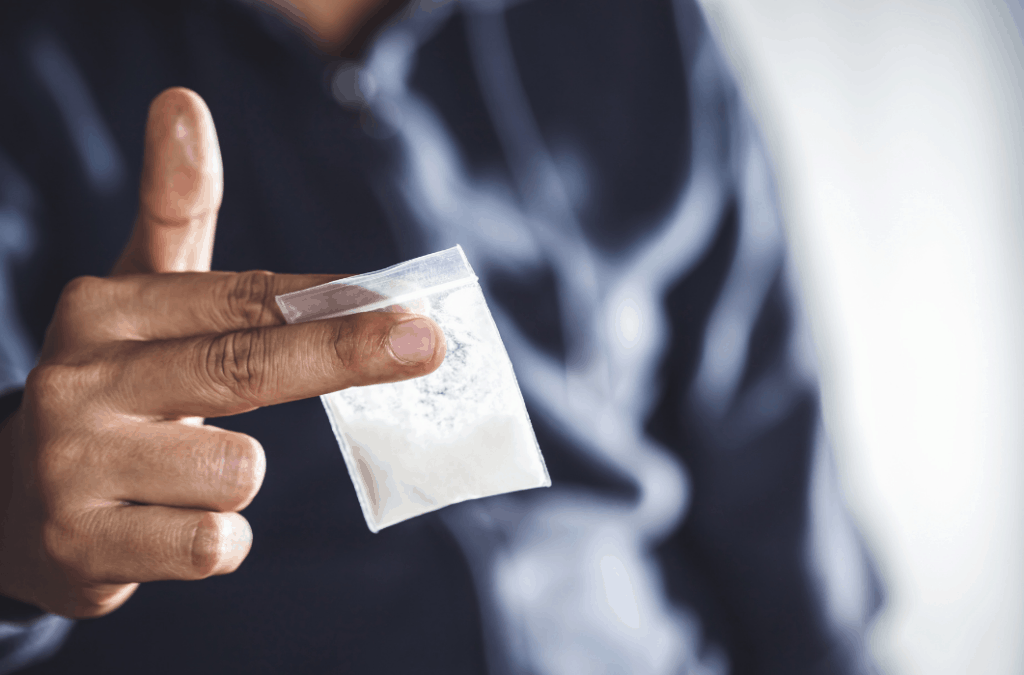
Crack Cocaine Addiction
Crack cocaine is among the most addictive, illicit substances due to its stimulating qualities and short-lived high. According to the United States Department of Justice, approximately 6,222,000 Americans have reported using crack cocaine at least once in their lifetime.
What are the Effects of Crack and Cocaine Use?
Just like other illicit and dangerously potent drugs, crack provides short and long-term effects. Short-term effects of the drug include:
- Increased heart rate
- High blood pressure
- Paranoia/anxiety
- Heavy breathing
- Hyper activeness
While the short-term effects may be what a user is trying to obtain, the long-term effects are not. Eventually, with continued use, the long-term effects of crack start to catch up to users. And, they’re never pretty. In fact, they are a combination of both aggravating physical and psychological side effects. The effects of long-term crack abuse may include:
- Heavy cravings to use
- Respiratory problems
- Heart disease
- Kidney disease and/or failure
- Mood swings
- Development of mood disorders like General Anxiety Disorder and Chronic Depression
- Psychosis
- Infertility in males
- Seizures that can result in stroke and/or death
Crack Addiction
The human brain consists of receptors that are utilized to send messages which help to release naturally produced chemicals. It just so happens that the human brain includes receptors that are specifically designed to respond to crack. This means that when this drug is used, the brain responds by releasing naturally produced chemicals. These chemicals are what produced the euphoric effect drug users experience when administered. But, because using these drugs interferes with the body’s natural process, these chemicals are eventually not released unless the drug is administered. This phenomenon is known as dependence. And, the potential for developing dependence from crack use is extremely high for even first-time users.
Once dependence forms, addiction is close behind. Characteristics of a crack addiction include experiencing negative side effects of drug use but continuing use regardless. The life of a crack addict is one that experiences negative consequences repeatedly, but this does not discontinue drug use. Fortunately, for those who are experiencing dependency or addiction to crack, rehabilitation is successful in helping to obtain a lasting recovery.
Treating Crack Addiction at Asheville Recovery
When an individual who is dependent on crack ceases to use, withdrawal symptoms occur. This happens because the body is used to the presence of the drug. Withdrawal symptoms can be both physical and psychological. While physical withdrawal symptoms may only last days or a week at most, the psychological withdrawal symptoms of detoxing from crack can last months. This is why it’s imperative that individuals addicted to crack receive professional assistance.
Throughout treatment, individuals dependent on crack can learn to develop relapse prevention techniques that combat the psychological withdrawal symptoms of the drug. And, those in treatment learn to discover and combat the real underlying causes of addiction whether they be traumatic circumstances of the past, concurring mood disorders, or a lifestyle imbalance.
Ready for Help with a Cocaine or Crack Addiction?
If you or a loved one is experiencing cocaine or crack addiction, there IS help available to you TODAY. You don’t have to wait to get your life back from drug addiction. If you would like to speak with an experienced staff member at our treatment facility, you can call today for a confidential conversation at (828)604-6140.
ARC Request a Confidential Callback


